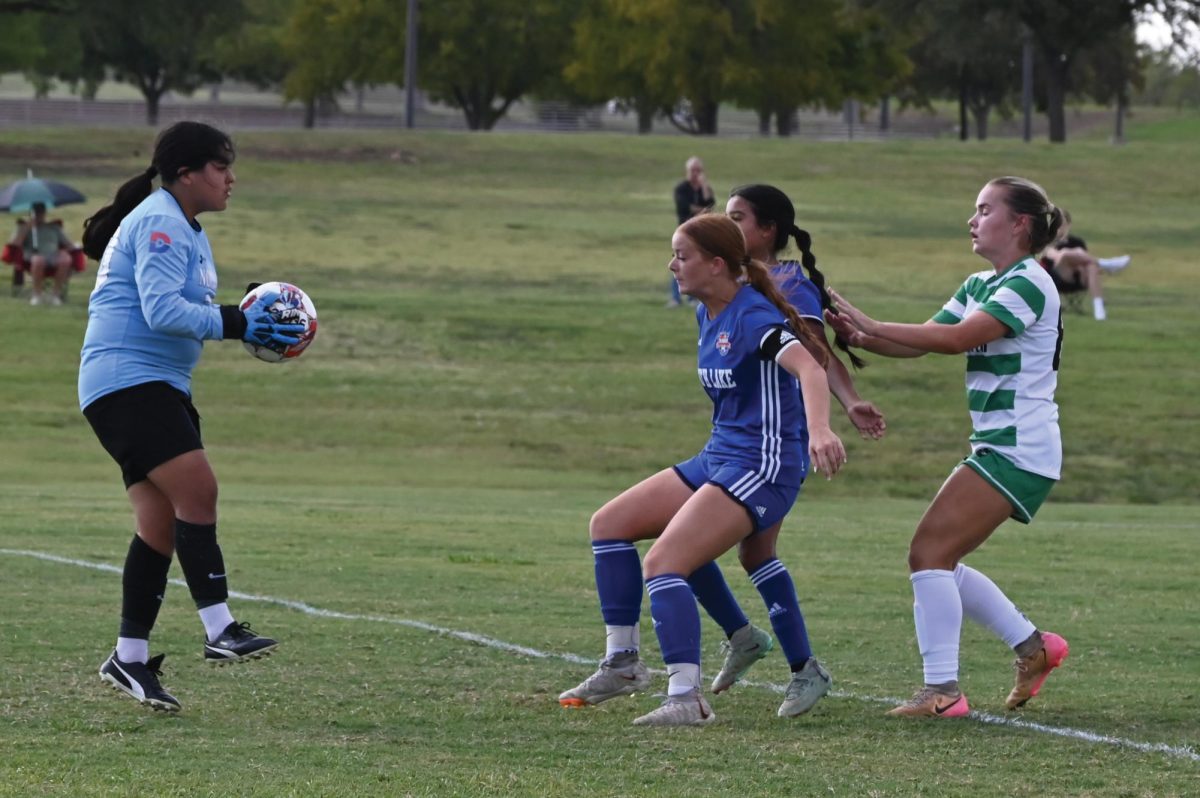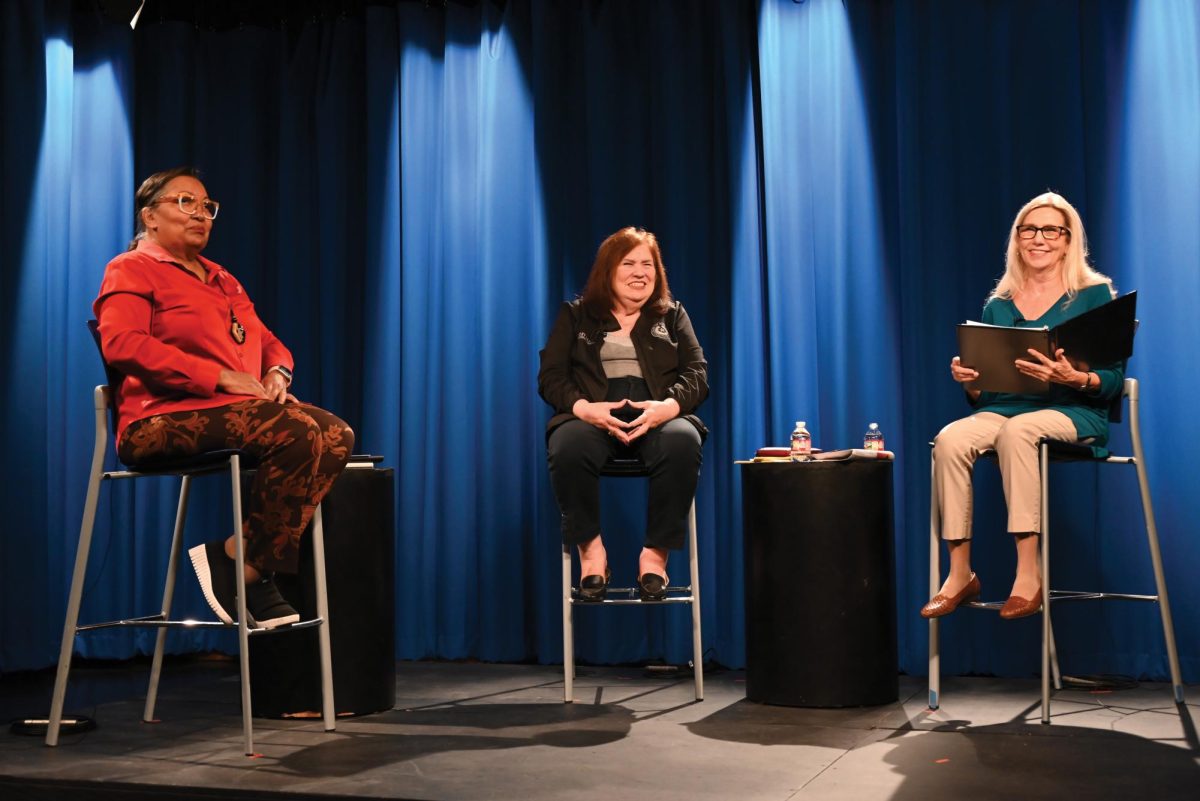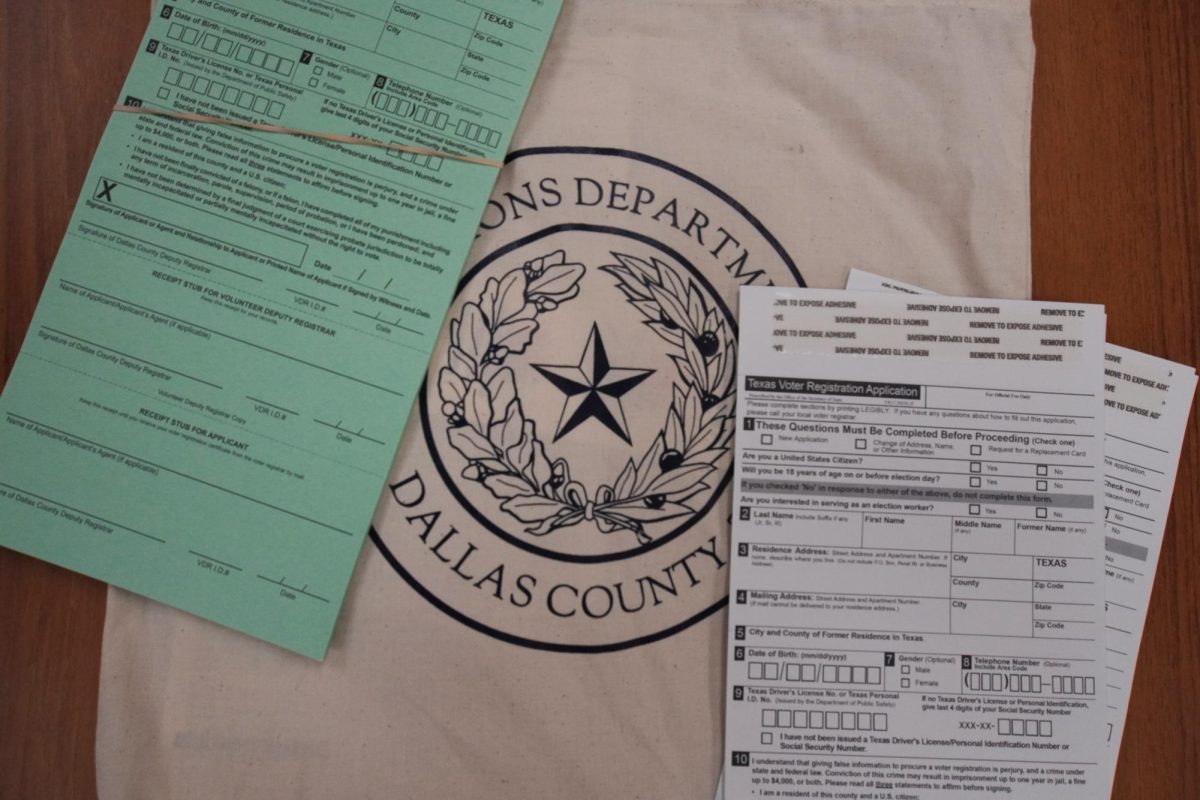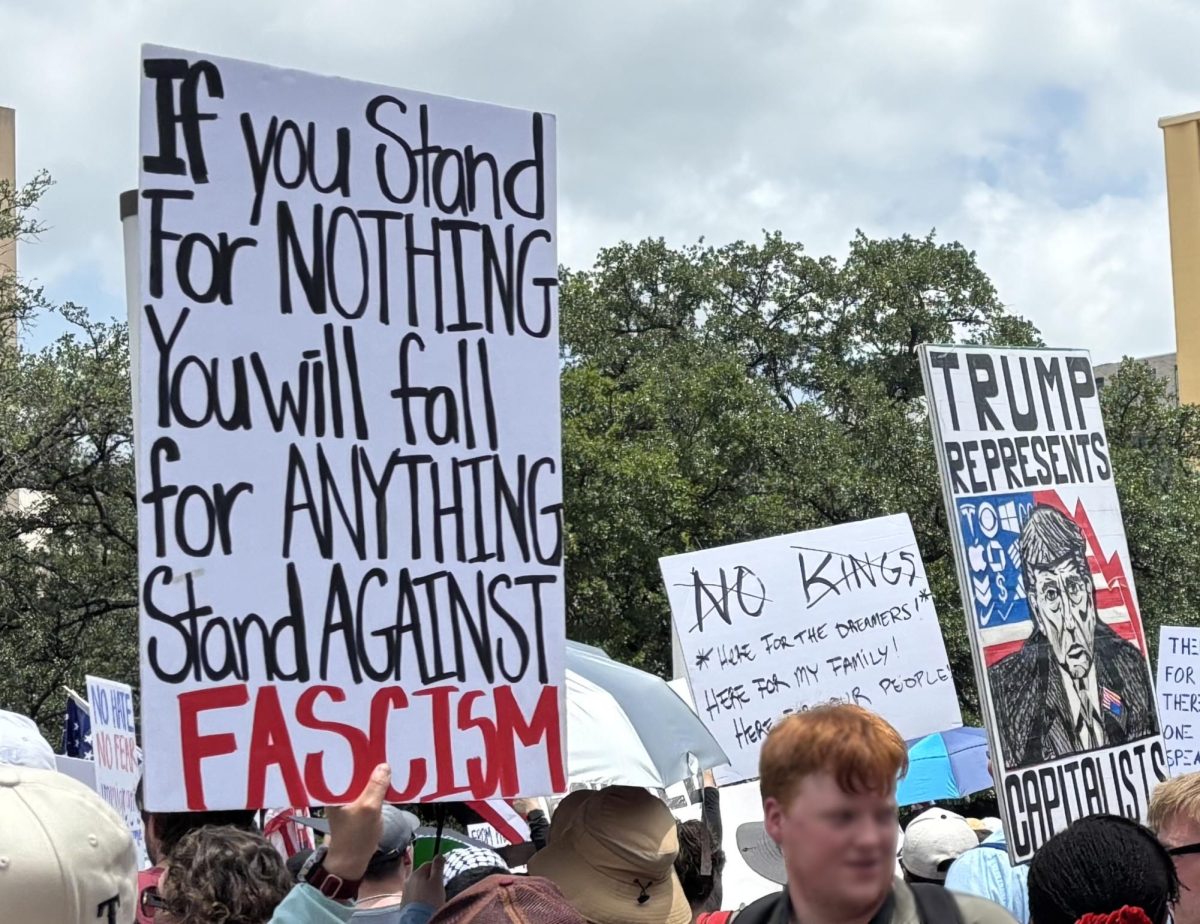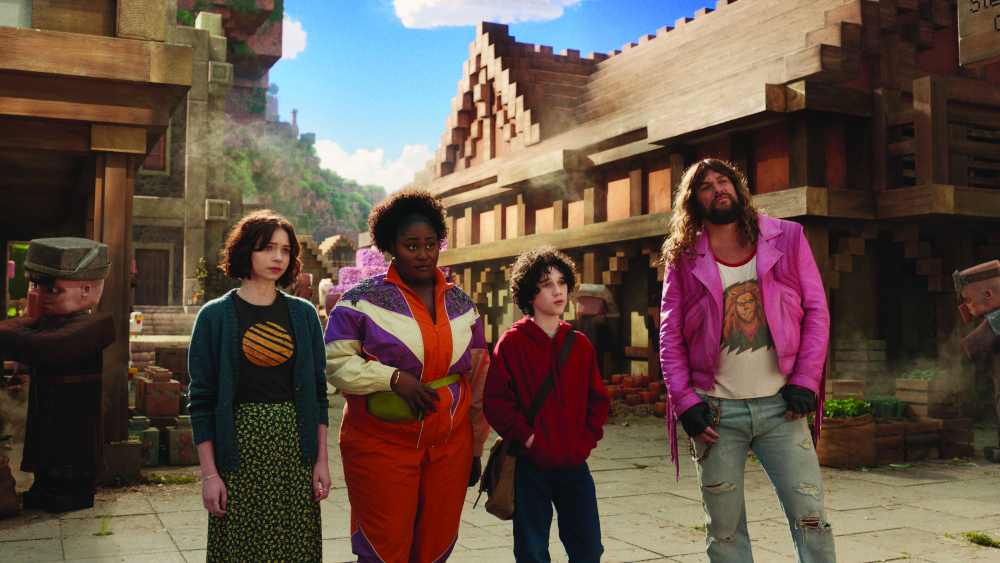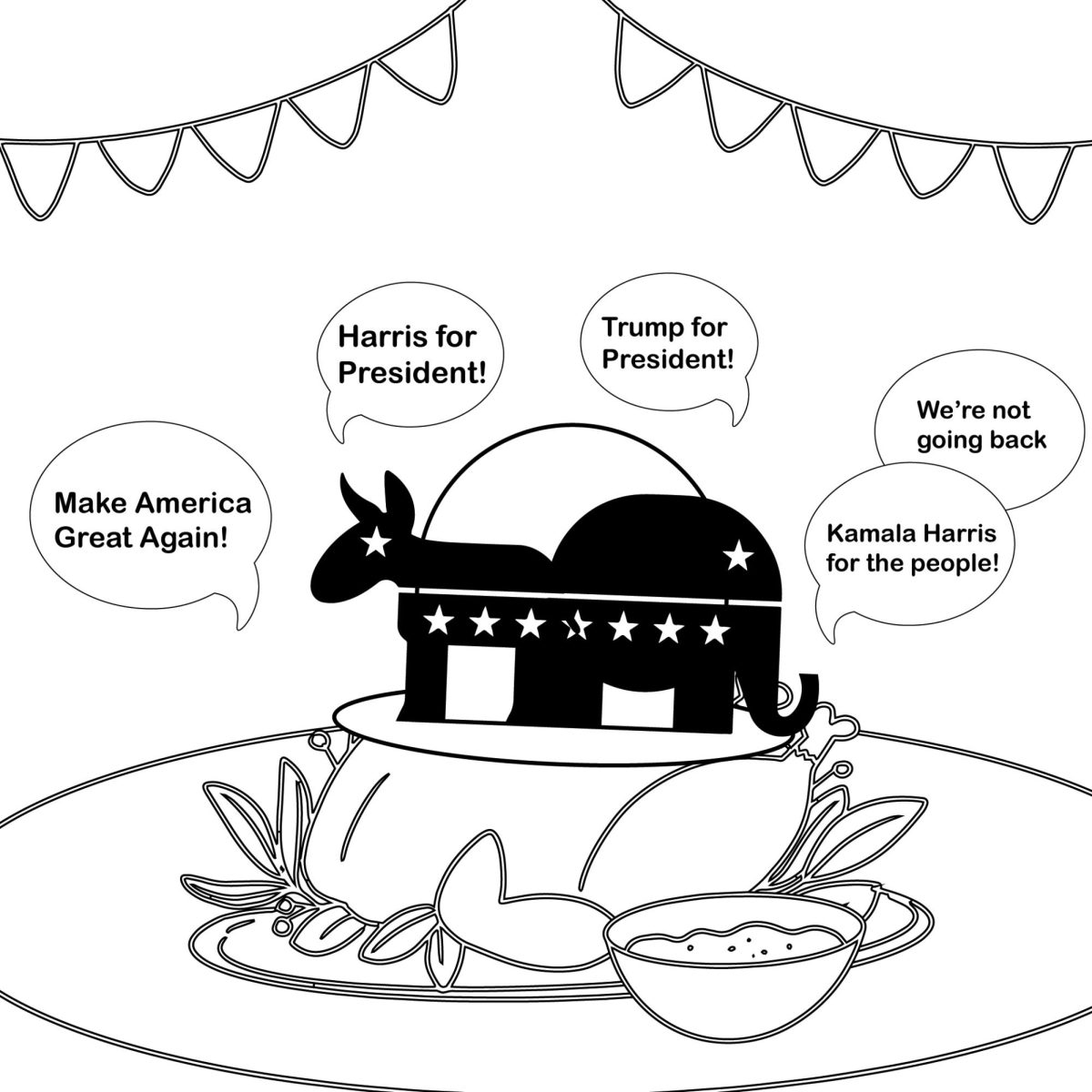The New Yorker Union announced they are ready to go on strike until an agreement has been reached with its parent company, Conde Nast.
Many times I have heard friends, family and even coworkers say, “People don’t want to work anymore,“ in response to the protests, completely unacknowledging the reasons why they even occur.
Comments such as these are the reason why the Fight for $15 organization evolved into a nationwide movement.
Just because people are paid to provide a service does not mean they lose their individuality and become property, but companies and individual people, alike, sure do act like it.
You as an individual would not like to be mistreated and disrespected, so why does that change when it comes to being an employee?
The New Yorker Union is negotiating with the parent company for better wages, benefits and improvement in work-life balance.
“I’m ready to strike because our union’s first contract will affect every current and future New Yorker employee, as well as media workers beyond our workplace, “Genevieve Bormes, a New Yorker Union employee said. “We have a unique opportunity to change a company that historically hasn’t valued its workers, and, after two and a half years, we won’t settle for less than we deserve.”
However, the labor battle has been going on for centuries with the first recorded labor strike taking place in New York in 1768 when journeymen tailors were protesting a reduction
of their wages.
According to History.com, “The early labor movement was a conception of the just society, deriving from the Ricardian labor theory of value… which fostered social equality, celebrated honest labor, and relied on an independent, virtuous citizenship.”
Not too long after the nation’s first strike came the birth of unions in 1794 in Philadelphia. This was brought about by the Federal Society of Journeymen Cordwainers (Shoemakers), according to History.com.
Much like The New Yorker Union, early incarnations of organized labor unions “fought for better wages, reasonable hours and safer working conditions,” which lead to “stopping child labor, give
health benefits and provide aid to workers who were injured or retired.”
Since its inception, leaders of labor unions saw how the industrial revolution in a capitalist economy does not have the best interest of the working class in mind and it was a way to raise up
“two distinct classes, the rich and the poor.”
Examples of this can be found on the New Yorker Union’s webpage which states wages have been low and stagnant for decades; with many union workers only making $42,000 a year while long term union members make less than $60,000.
“The company has yet to correct many of these disparities and has resisted annual wage increases that would keep pace with the cost of living.”
Now, a decade has passed since the Fight for $15 movement took hold in New York City in 2012 when 200 fast-food employees went on strike and demanded $15 dollars an hour and the right to
unionize.
“We are underpaid workers everywhere. We can’t feed our families, pay our bills, or even keep a roof over our heads on minimum wage pay,” states the movement’s official webpage, fightfor15.org.
“McDonald’s and low wage employers everywhere are making billions of dollars in profit and pushing off costs on taxpayers, while leaving people like us – the people who do the real work – struggling to survive.”
Similarly, The New Yorker Union’s webpage reports having found Condé Nast passing the burden of health-care cost increase onto its employees.
This and overworking without fair compensation have led fast-food workers, retail sales employees, freelance journalists and others in similar fields to demand an increase in payment, improved benefits and working conditions.
“In an industry known for overworking and underpaying workers, a strong contract is essential to ensure that we are treated and compensated fairly. I am fighting to demand that for my colleagues, with the hope that workers at other publications will do the same,” Blair Beusman said.
As seen these past two years with Black Lives Matter and the protests following the murder of George Floyd, the only way to create change in this nation is through protests and relentlessly demanding for justice.
“We didn’t listen. We organized and we fought for what we knew was right,” states FightFor15.org. “We didn’t win these increases because we elected supportive politicians to office. We won because we made them support us. That’s the power of direct action, of taking to the streets, of organizing.”
Now, more workers across the country have begun protesting against companies’ working conditions; as seen with Rich Products’ workers. Bakery workers in one of their frozen foods facilities in
southern California have been on strike since November.
When interviewed by Forbes, employee Cristina Lujan said they were fighting against the 1214 hour shifts and forced overtime which can last up to three hours. On top of this, she said a coworker was constantly denied permission to leave for chemotherapy appointments.
Their demands echo those of The New Yorker Union: asking for improved working conditions, an increase in pay and stable benefits.
But the unethical working conditions do not stop there. Amazon faces a lawsuit after their central warehouse in Illinois failed to take the proper precautions for an incoming tornado. This led to the collapse of the warehouse and resulted in the death of 26-year-old delivery driver Austin McEwen.
It is inconsiderate and reckless leadership at companies such as at Amazon that leads workers to unionize.
With the different protests and strikes taking place, how much longer will it be until companies start to respect their workers?


